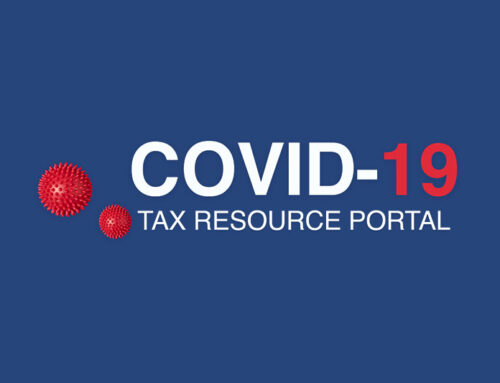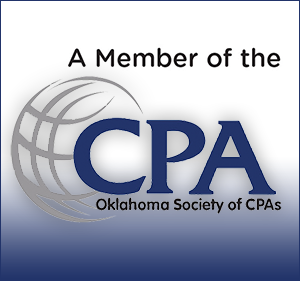The IRS released Rev. Rul. 2020-27, which holds that taxpayers should not deduct PPP funded expenses in the year the expense was paid or incurred regardless of whether the taxpayer has sought forgiveness on the loan.
Under the revenue ruling guidance, PPP borrowers obtained PPP loans with the expectation of reimbursement. In other contexts, this expectation of reimbursement is sufficient enough to disallow a deduction, and the revenue ruling holds this logic is similar for PPP expenses. For example, a law firm advancing funds to clients to be repaid upon a successful outcome has been denied the ability to claim a deduction for the expenses paid with the advance as the advances really operate as loans. Another example is when an expense is paid or incurred for which the taxpayer has received prior authorization to incur such expense.
In addition, the ruling holds that PPP expenses would also be considered nondeductible as a result of an allocation to tax-exempt income. The Service states it does not matter whether loan forgiveness is obtained prior to year-end as expenses are allocable to tax-exempt income regardless of whether such tax-exempt income is received or not.
Perhaps surprising to some PPP borrowers is that the IRS does not distinguish its guidance based upon the size of the loan. As many borrowers are acutely aware, SBA is starting to issue requests to complete a loan necessity questionnaire, which is causing concern with borrowers due to the nature of questions being asked.
The IRS also released a revenue procedure which provides a safe harbor as to how a PPP borrower is to recover a disallowed deduction. Under this safe harbor, a PPP borrower that has its loan forgiveness denied, in whole or in part, or forgoes seeking loan forgiveness can recover the deduction as follows:
- On the 2020, taxable year timely filed (including extensions) original income tax return.
- Through an amended 2020 taxable year income tax return or AAR adjustment, as applicable.
- On the income tax return in a year subsequent to the 2020 taxable year.
A statement is required for the safe harbor should a borrower need to avail itself of the revenue procedure.
Overall, the nondeductibility of expenses paid with PPP forgiven funds is a controversial subject as many feel Congress intended the expenses to be deductible. As borrowers wait for Congressional action to fix the deductibility issue, at least there is now authoritative guidance for borrowers to rely upon as to the timing of nondeductibility.






